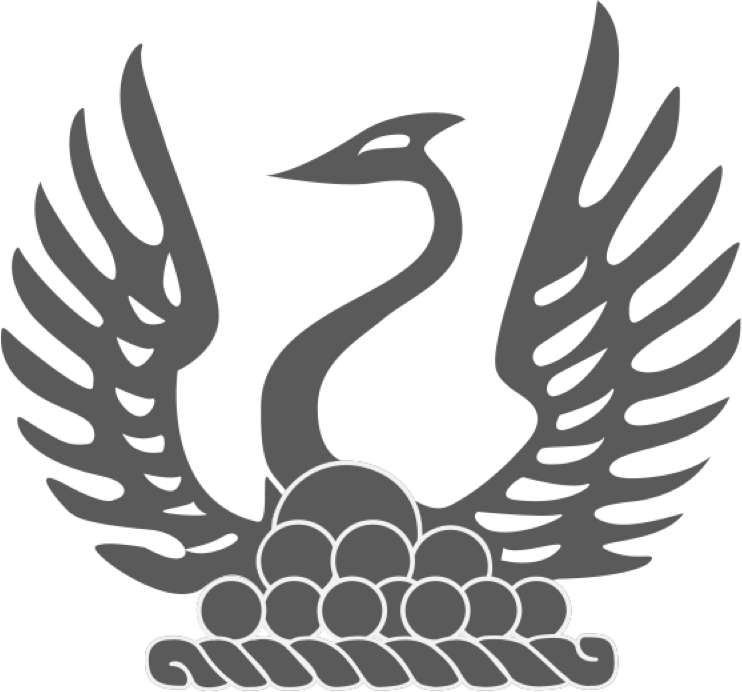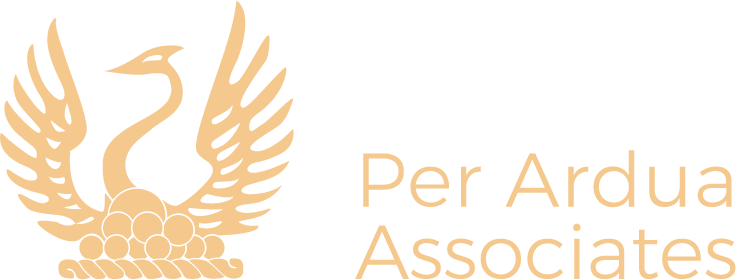“Can internal audit add value beyond its primary purpose? In this article by KPMG, the response is that it ought to, but how can this be achieved?
Principally, there is a call for greater cohesion and communication between not only the internal and external auditors, but also across the functions of risk, compliance and finance. Auditors can be seen as the policing bodies within financial institutions and can have little link to other control functions or influences across the business. This may result in wasted resources and cost inefficiencies, as well as a less strategic role for internal audit to play within the organisation.
Alongside the IIA’s (Institute of Internal Auditors) 2013 code of practice, we have seen the industry making a shift towards broadening the reach and stature of internal auditors. By introducing talent at the top from non-audit backgrounds and encouraging commercially minded, strategic thinkers to enter the function at a leadership level – in order viagra to drive change and make audit an on-going dialogue with the business, rather than simply a published report – the request being made of internal audit seems to define their role as one of exerting greater influence on the business by becoming more closely involved with the risk agenda, which requires being involved in end to end discussions and sitting at the top table. How immediately effective this will be will depend on the organisation and how developed their risk and control environments are.”
You can read the full article by clicking here.



